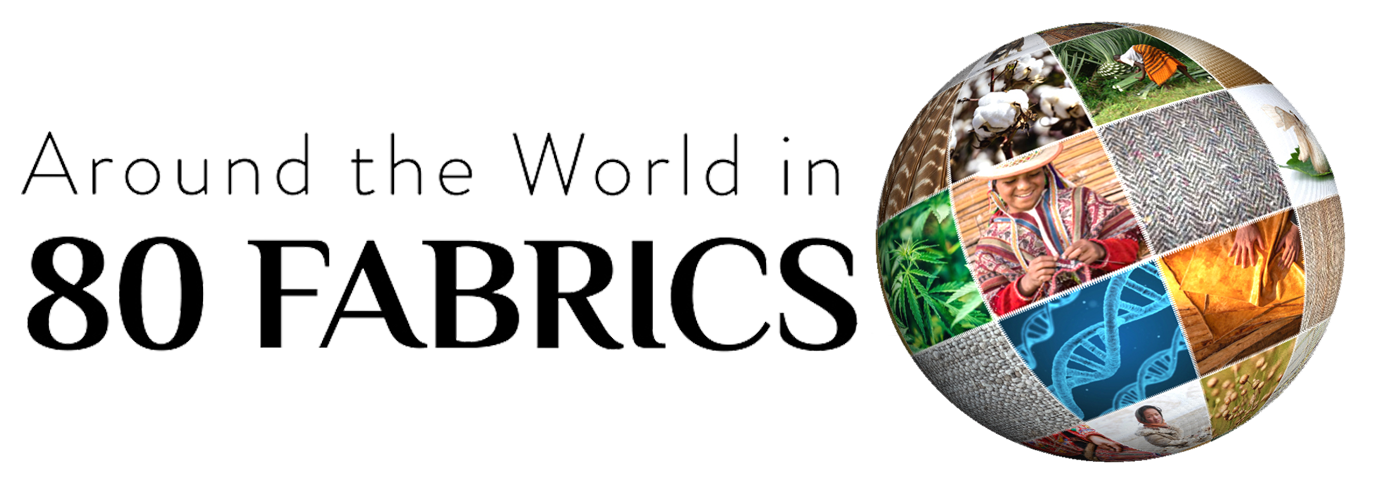
FABRIC: MOGU
Region: Northern Italy
Fabric Name:
Mogu
Origin:
Fungal mycelium (Micelio fungino)
Who made our fabric:
Mogu, Inarzo, Italy
What makes this so special:
Co-founded by Maurizio Montalti and Stefano Babbini, MOGU is an Italian company specializing in materials for interiors and architecture, all made from mycelia.
Mycelium is the thread-like root system of the mushroom. These threadlike cells, also called hyphae, are integral to the natural process of decomposition. Mycelia count upwards of 1.5 million species, an incredible diversity.
MOGU recycles biomaterials from other industries, which the mycelia then digest in a controlled environment. As they digest the nutrients, the mycelia keep growing in a thread-like manner until they accumulate and act as a binding material for the nutrients. This process creates a solid, compact material. Using technology to start and stop growth and to mold the new biomaterial, MOGU is able to work with this natural decomposition process to make a variety of products for interior applications.
“Exploring radically innovative solutions based on mycelium and beyond.”

“Establish a dialogue where you co-design, really, with the other organism, and you leave part of the agency, you let go, and you just cannot be in control. And you appreciate not being in complete control because it’s a work of collaboration.”
— Maurizio Montalti/ Mogu
Maurizio Montalti
Maurizio Montalti, Co-Founder and Chairman of MOGU. Montalti’s journey into the world of the business of biofabrication stems from his interest in the intersection between design philosophy, anthropology. In his foray into biology, he quickly came across fungi, and decided his goal was to reshape the role of fungi in the eyes of society. With MOGU, Montalti uses fungi to create functional, beautiful products and designs with mycelium-based technologies. In this work, Montalti aims to shift the idea of fungi away from something people fear or view as “waste,” showing its true potential as a material and transformative agent. As Montalti describes it, fungi are “literally able to transform shit into gold.” Montalti sees fungi as more than a material, but a colleague, or a peer. He says, “I have always been talking about working with fungi as working in a partnership. I sincerely feel these tiny, little living beings are my partners. We have developed a form of interdependence. And I don’t want to be mystical about it, it’s just the way it is effectually.” Montalti hopes to bring people into his sustainable design efforts by emphasizing mutual dialogue with the world, hoping “to show the opportunities that could arise when actively partnering, establishing a partnership between human and inhuman…Obviously not through verbal language, obviously not through chemistry and molecular community, necessarily. Maybe through empathy.” Ultimately, what Montalti aims to do with MOGU is to revolutionize the way humanity considers waste, using fungi to create beautiful, sustainable, and useful products. As Montalti puts it, “There is no waste, whatsoever. In fact, fungi demonstrate that what we consider waste is the greatest resource…They are the ultimate—the iconic agent.”


